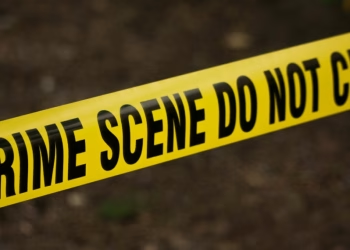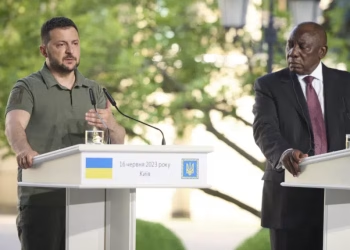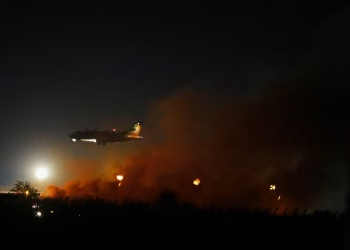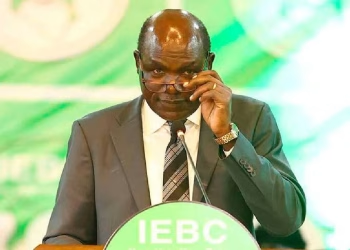Rwanda has strongly defended its involvement in the ongoing conflict in the DRC, describing its actions as a necessary defensive measure against serious threats along its border.
In response to a summons by the British Foreign, Commonwealth and Development Office (FCDO), Rwanda justified its operations by citing escalating security risks, particularly following the January 26 attack on the Rubavu border town. The attack, which came after the fall of Goma, resulted in 16 deaths and 177 civilian casualties within Rwanda’s borders.
“Rwanda continues to face an existential security threat from the DRC-backed FDLR, a genocidal militia involved in the June 2022 shelling incident, just weeks before the Commonwealth Heads of Government Meeting (CHOGM) in Kigali,” read a statement from the Rwandan High Commission.
On February 18, the UK condemned the Rwandan Defence Force (RDF) and M23 advances in eastern DRC, calling them a violation of DRC’s sovereignty and territorial integrity. The FCDO urged Rwanda to withdraw its troops immediately and engage in African-led peace processes.
However, Rwanda maintains that the FDLR, with support from the Congolese government, remains a major destabilizing force in the region. It reaffirmed its commitment to UN peacekeeping missions, highlighting its reputation for operational integrity and adherence to international standards.
Rwanda also raised concerns over the challenges faced by UN peacekeeping missions like MONUSCO when entangled with the Congolese military coalition, which includes the FDLR. Such entanglements, it argued, blur the lines between peacekeepers and combatants, complicating regional stability efforts.
Additionally, Rwanda expressed strong support for African Union (AU)-backed East African Community (EAC) and Southern African Development Community (SADC) peace initiatives, urging the UK and international community to support these diplomatic frameworks instead of endorsing the DRC’s military-driven approach.
Rwanda dismissed claims that the FDLR is a diminished force, instead portraying it as a well-armed militia with the potential to destabilize the region for years.
Furthermore, Rwanda criticized the DRC’s unilateral termination of the East African Community Regional Force (EACRF) mission, which had successfully maintained a six-month ceasefire. It argued that the decision was not a genuine effort toward peace but a move to pursue military objectives that threaten both Rwandan security and regional stability.















